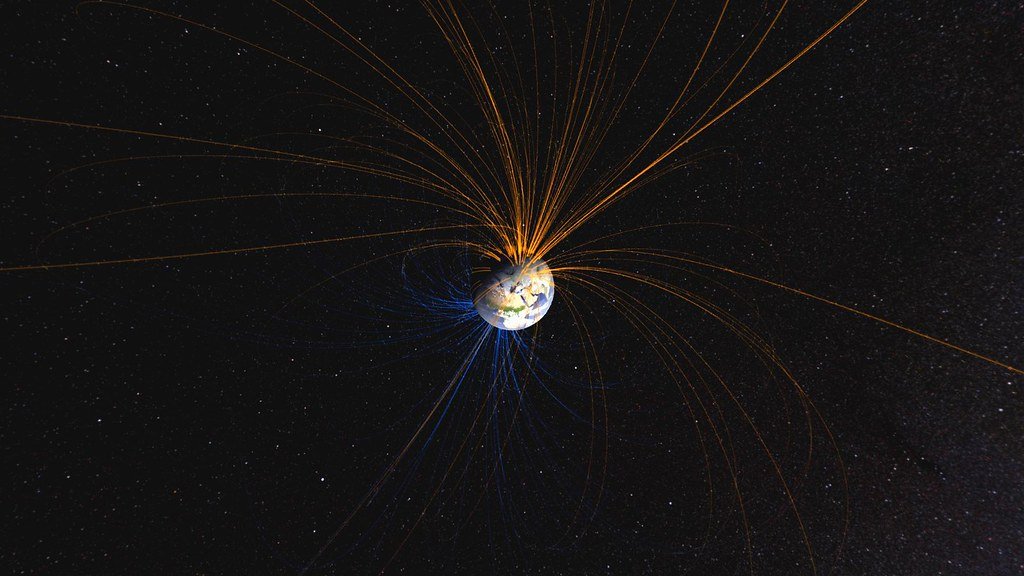Imagine drifting endlessly through the cold, black vacuum of space—no air, no gravity, and no chance of returning home. Now picture the haunting fate of a human body left behind among the stars. This isn’t just science fiction; as humanity pushes further into the cosmos, the question of what happens to human remains in deep space becomes shockingly real. The thought is both chilling and mesmerizing: What does the universe do with a body when there’s no earth to claim it, no wind to scatter ashes, and no sun to warm the flesh? The floating corpse problem is a mystery that combines science, ethics, and the unknown in ways that have never been faced before.
The Ultimate Isolation: Death Beyond Earth
Death in space is a scenario few of us contemplate, but as we reach further into the solar system, it’s a reality that astronauts and mission planners must confront. Unlike on Earth, where bodies are laid to rest or cremated, the options for handling remains are limited in the void. The sheer distance from home means a body cannot simply be sent back for a traditional burial. Imagine the psychological weight on crewmates, knowing a friend’s remains are drifting nearby, unable to be honored in familiar ways. This ultimate isolation in death brings forth profound questions about dignity, memory, and the human connection to our planet—even in our final moments.
What Happens to a Body in the Vacuum of Space?
The vacuum of space presents an environment like no other. There’s no air, no pressure, and temperatures can swing from blistering heat to freezing cold depending on exposure to the Sun. When a body is exposed to this harshness, the lack of atmospheric pressure causes fluids in the tissues to boil away almost instantly, a process called “ebullism.” Yet, the absence of oxygen prevents traditional decay by bacteria, as most microbes can’t survive the vacuum. The body would neither rot nor decompose as it does on Earth. Instead, it would become mummified, with skin and tissues drying out and freezing, preserving the corpse for years—perhaps even millennia.
The Freeze-Drying Effect: Mummification Among the Stars
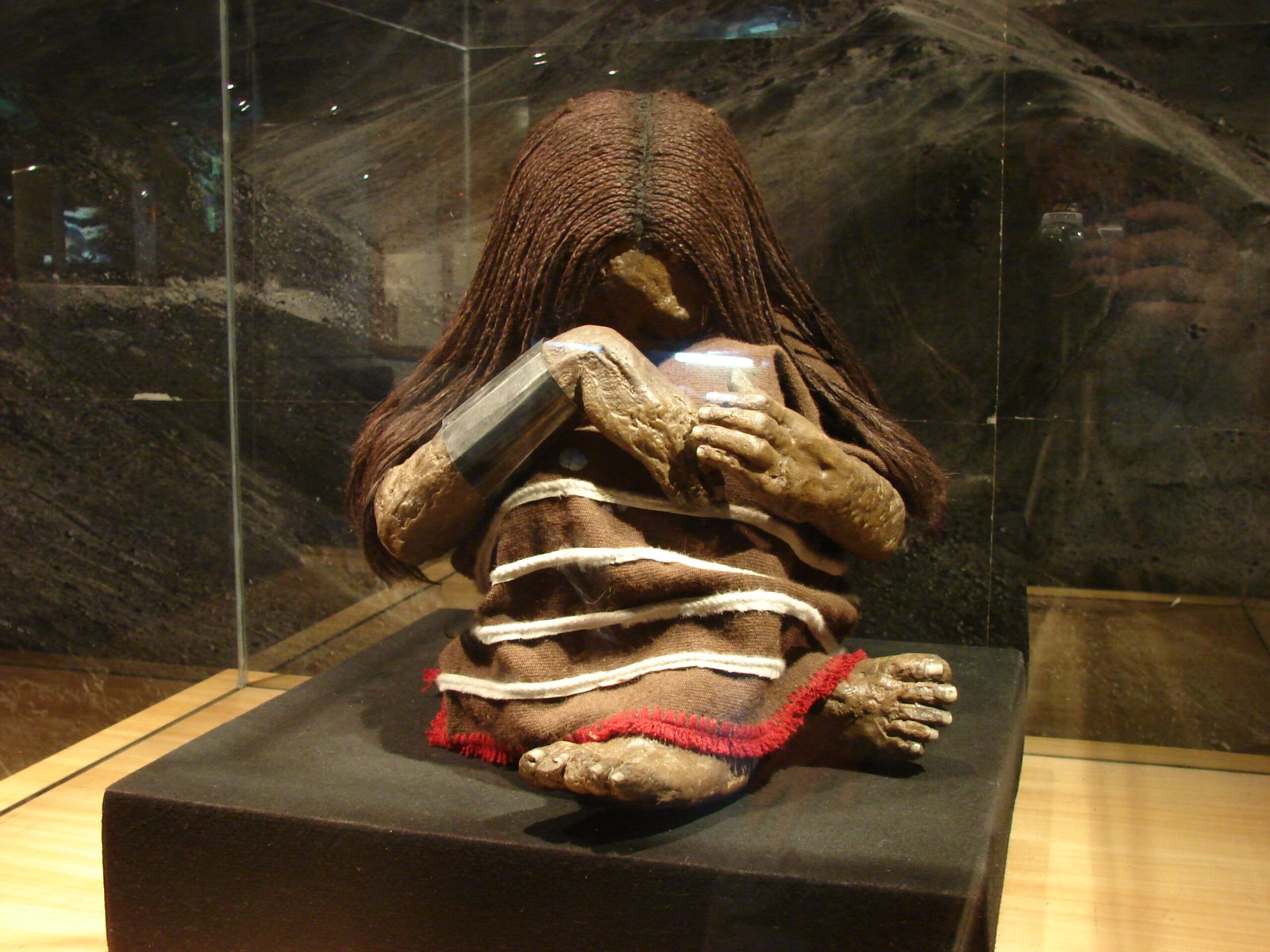
Without atmospheric moisture, a body in space quickly loses water through sublimation—the process where ice turns directly into vapor. This freeze-drying effect is similar to what happens to food prepared for astronauts, but on a much larger, grimmer scale. The body would become stiff and brittle, with tissues desiccated and preserved by the relentless cold. Over time, micrometeoroids and cosmic radiation would gradually break down the remains, but the process would be agonizingly slow. In some ways, the corpse could become a cosmic fossil, a silent relic of humanity adrift in the infinite dark.
Cosmic Radiation: The Invisible Destroyer
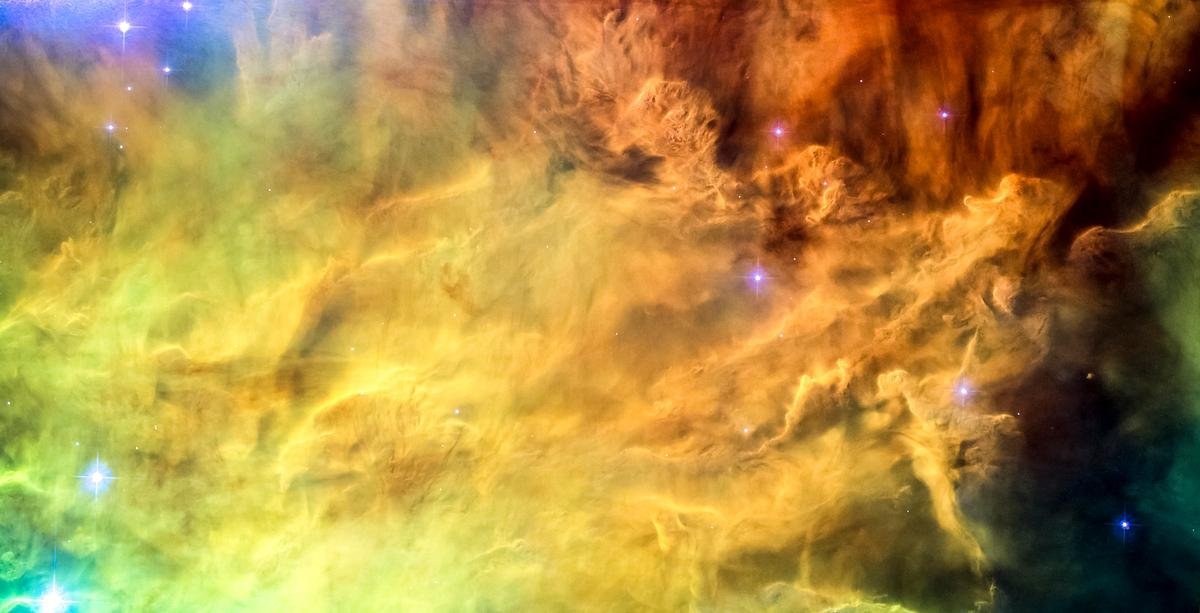
Space is filled with invisible dangers, and cosmic radiation is one of the most powerful. High-energy particles from the sun and distant stars bombard everything, including human tissue. Over time, this radiation would damage the molecular structure of the corpse, causing the breakdown of DNA and tissues at an atomic level. However, this destruction is not as rapid or dramatic as decay on Earth. It’s a slow, inexorable unraveling that could take thousands of years, leaving behind little but dust and fragments. The idea that cosmic rays act as silent, unseen eroders adds a layer of eeriness to the floating corpse problem.
What If the Body Remains Inside a Spacesuit or Spacecraft?
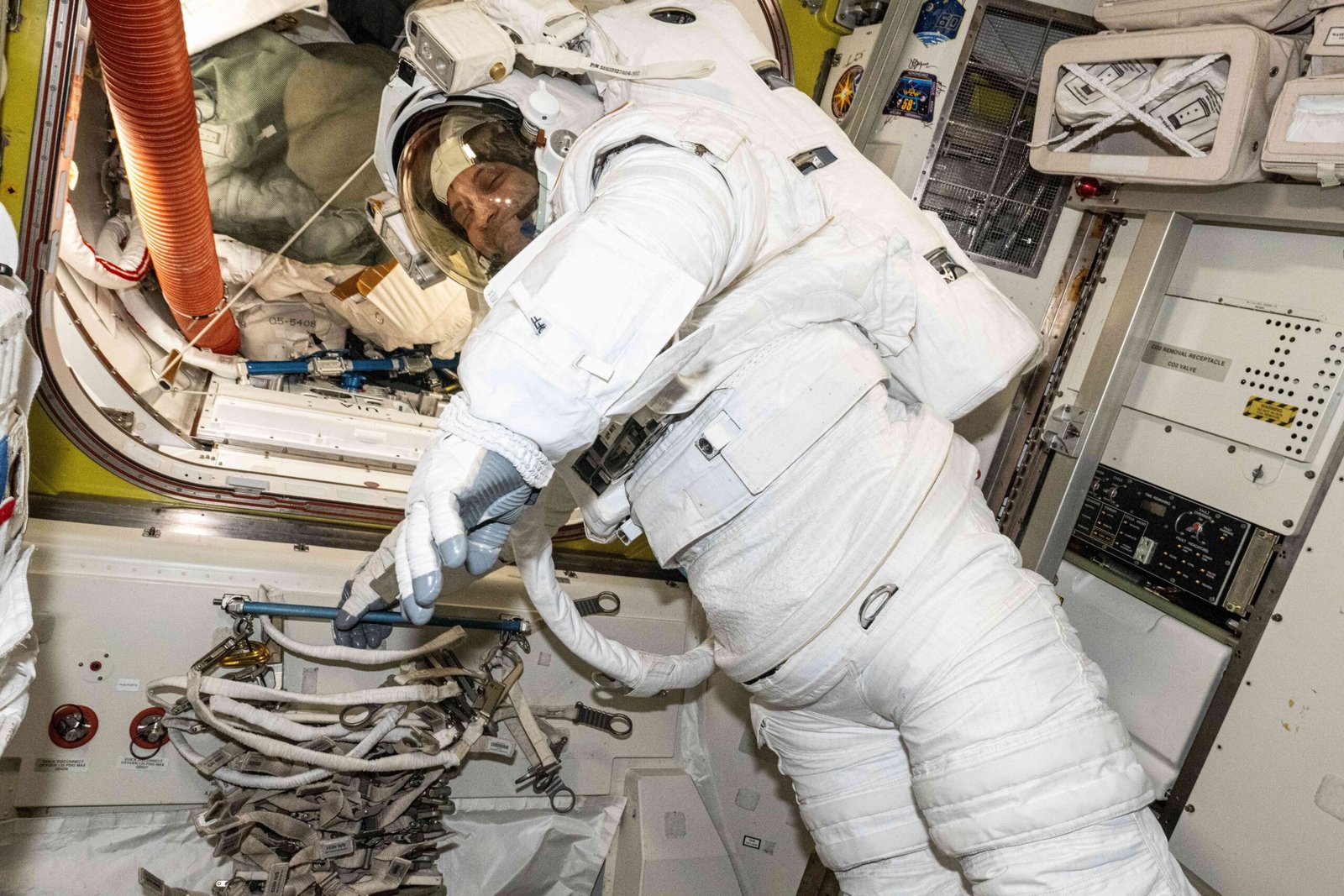
If a body remains inside a spacesuit or sealed compartment, the process changes slightly. The suit offers some protection from the vacuum and radiation, slowing the mummification but not preventing it. If the suit is punctured or leaks, fluids would still escape, though at a slower rate. Inside a spacecraft, if life support systems fail and air pressure drops, the body might still dehydrate and freeze, but without the full exposure to cosmic rays, the breakdown of tissues would take a different pace. However, even sealed compartments eventually fail, and in the long run, nature always wins.
Could a Body Ever “Float Forever” in Space?
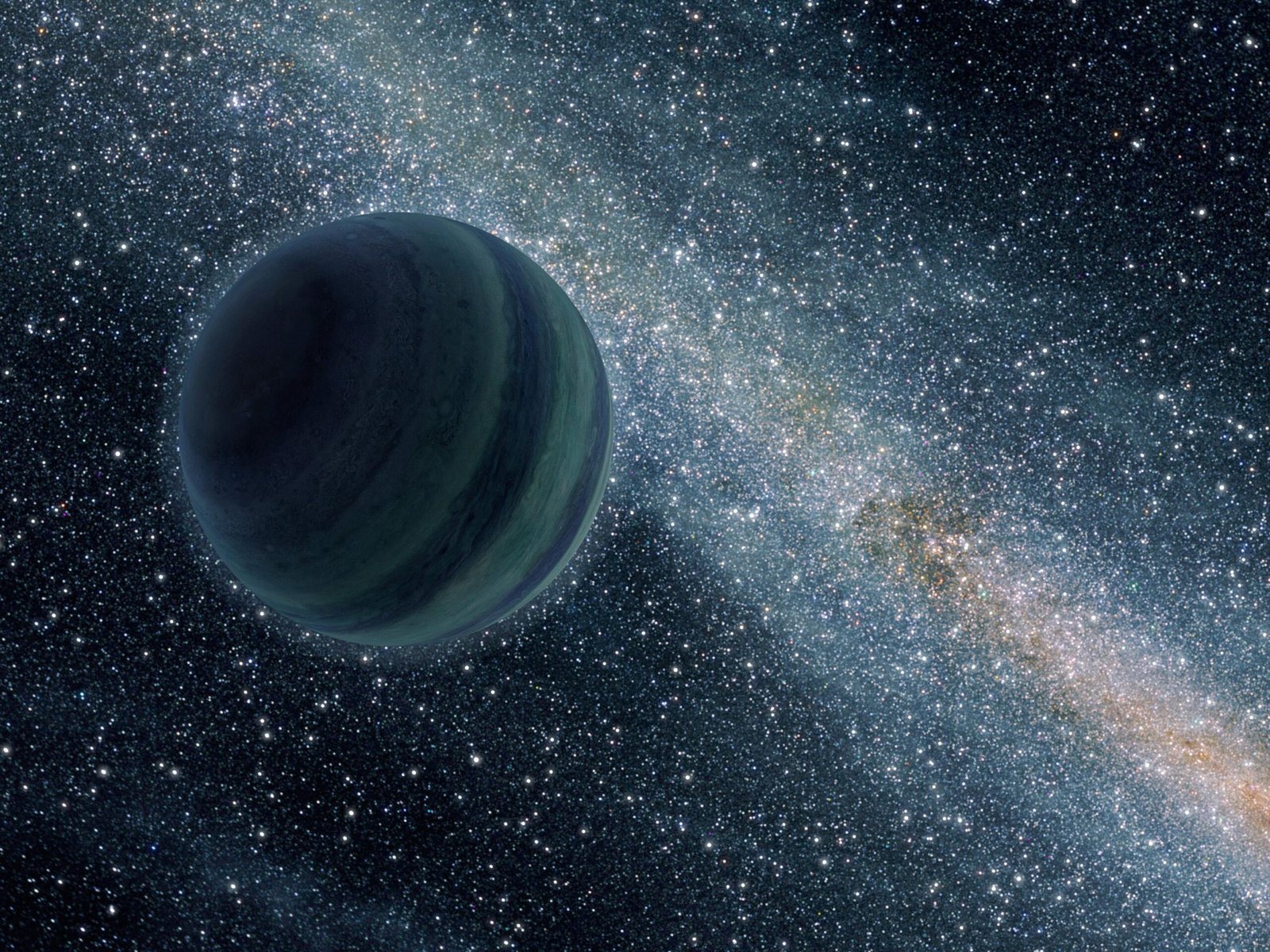
The idea of a body floating eternally through space is both poetic and unsettling. In truth, nothing in the universe lasts forever. Over immense stretches of time, the corpse would be battered by micrometeoroids, irradiated by cosmic rays, and tugged by gravitational forces. It could eventually collide with another object, be captured by a planet’s gravity, or even fall into a star. The concept of a body endlessly adrift is a reminder that even in death, nothing is immune to the restless energy of the cosmos.
Ethical Questions: What Should We Do With Human Remains?

As we send more people into space, we face difficult ethical questions. Should we let bodies drift in space, or bring them back to Earth if possible? What about the feelings of loved ones and the cultural practices surrounding death? Some argue that leaving a body in space is a form of cosmic littering, while others see it as a fitting tribute to human exploration. The lack of clear protocols means that each mission could face gut-wrenching decisions, forcing us to rethink how we honor the dead in a place where normal rules no longer apply.
Historic Precedents: Has It Ever Happened Before?

So far, no human has died and been left in deep space, but tragedies have come close. During the early days of spaceflight, there were fears about what would happen if an astronaut died during a mission. The Apollo program had protocols in place for handling death on the Moon or in transit, including the possibility of sealing a body in a suit or spacecraft module. Yet, every crewed mission has returned its astronauts, living or deceased, to Earth. The floating corpse problem remains a hypothetical, but as missions venture further, the reality draws ever closer.
Science Fiction vs. Reality: The Pop Culture Perspective
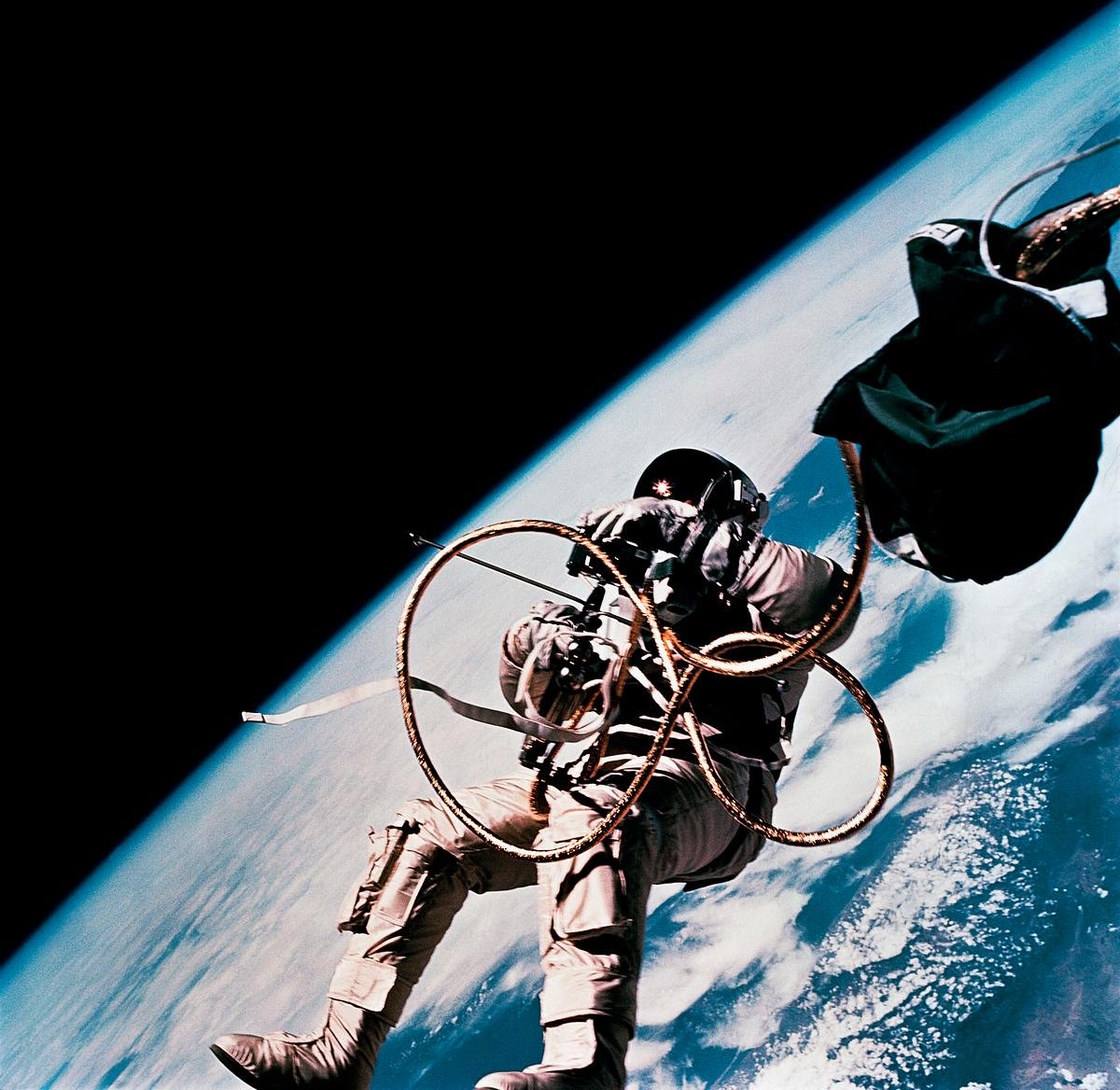
Movies and books often show floating bodies in space in dramatic fashion, sometimes exaggerating or oversimplifying what really happens. Films like “2001: A Space Odyssey” and “Gravity” have depicted human remains drifting in silence, adding to the mystique and fear. But reality is stranger and more complex than fiction. The slow, relentless processes that act on a body in space are less explosive but more haunting. Science fiction sparks our imagination, but the truth is a blend of science, sadness, and the unknown.
Future Missions and the Unavoidable Challenge
With plans for missions to Mars, deep space habitats, and even lunar bases, the possibility of death in space grows more likely. Agencies like NASA and private companies are quietly planning for these scenarios, but there are no easy answers. Should remains be stored until they can be returned, or committed to the stars? Will we develop new rituals for saying goodbye beyond Earth? The floating corpse problem is not just a technical issue; it’s a human one, forcing us to confront mortality in a place where no one has ever truly been laid to rest.
Humanity’s Final Footprint: The Legacy We Leave Behind
Every journey into space is a step into the unknown, and death in the cosmos is perhaps the greatest unknown of all. The floating corpse problem is a stark reminder that, despite our technological achievements, we remain fragile beings. Our remains could become the first human fossils in the universe, silent witnesses to our daring and our dreams. How we choose to handle these moments will shape not only space exploration, but our understanding of life, death, and what it means to be human in a universe that never stands still.


